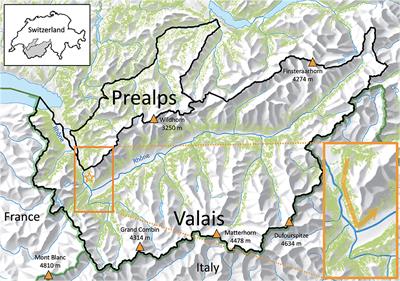ORIGINAL RESEARCH
Published on 02 Sep 2022
Perceptions of compliance in recreational fisheries: Case study of the Peel-Harvey blue swimmer crab fishery
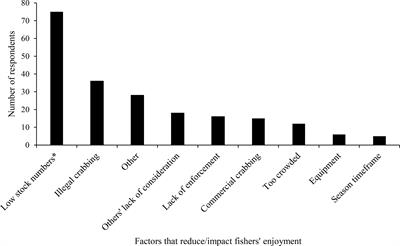
doi 10.3389/fcosc.2022.968518
- 1,047 views
- 4 citations
4,617
Total downloads
32k
Total views and downloads
Select the journal/section where you want your idea to be submitted:
ORIGINAL RESEARCH
Published on 02 Sep 2022

MINI REVIEW
Published on 18 Nov 2021
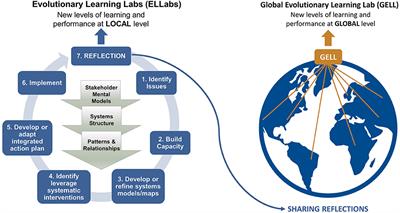
ORIGINAL RESEARCH
Published on 11 Nov 2021
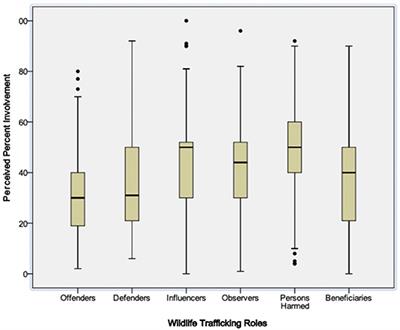
REVIEW
Published on 16 Sep 2021
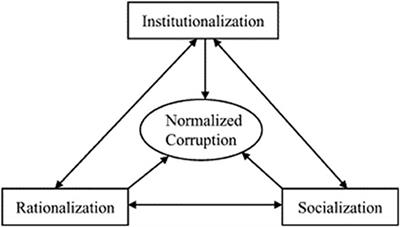
ORIGINAL RESEARCH
Published on 09 Sep 2021
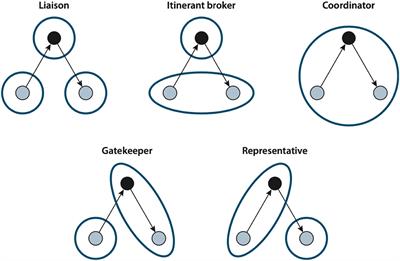
ORIGINAL RESEARCH
Published on 23 Aug 2021
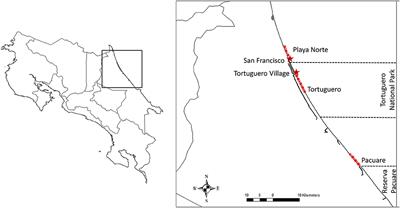
ORIGINAL RESEARCH
Published on 07 Jun 2021
